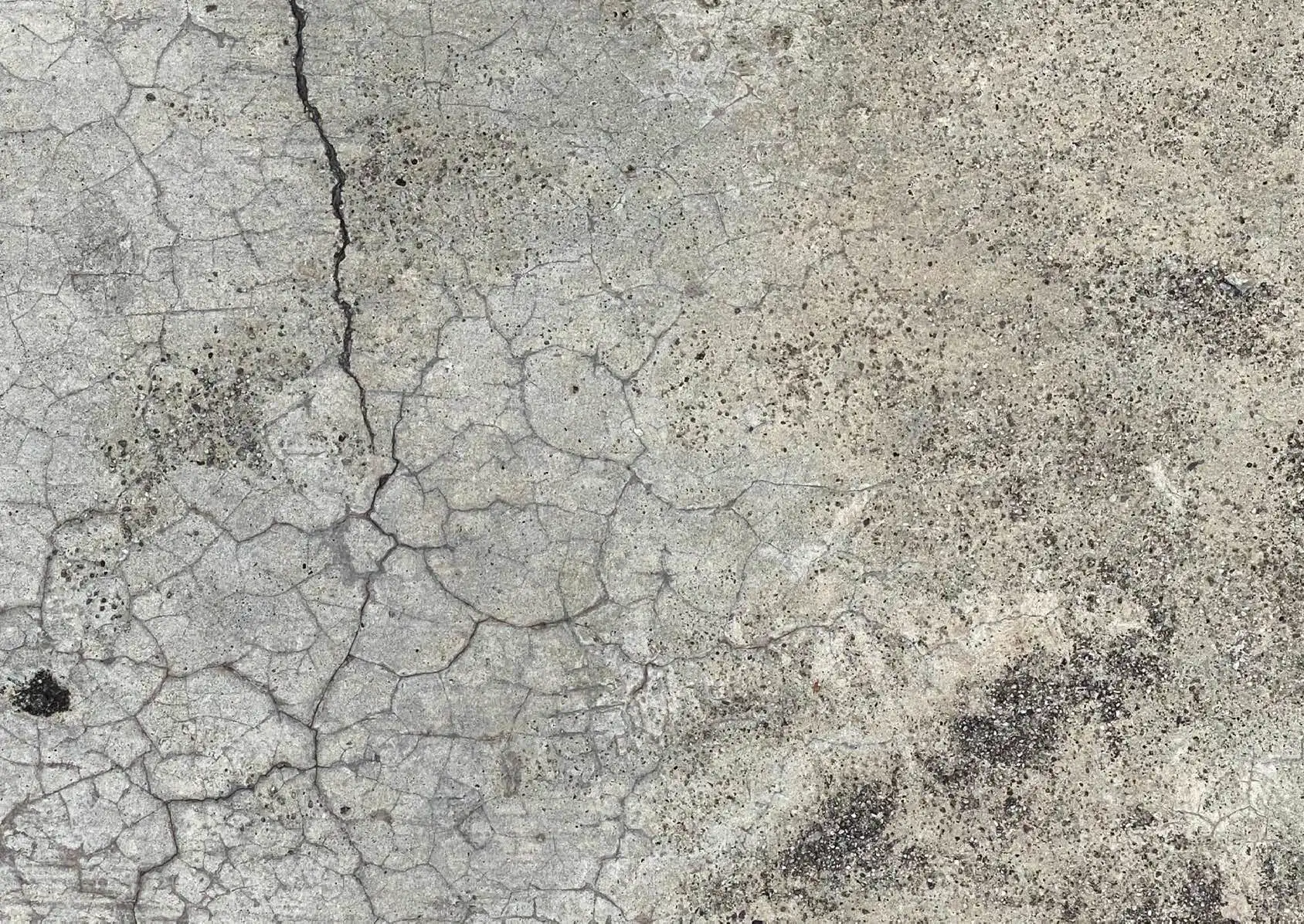In France, proceedings against the large cement company Lafarge are in full swing. The company is charged with complicity in crimes against humanity during the war in Syria. In today’s report Funding Conflict. Heightened human rights due diligence in conflict-affected areas, with a case study on Lafarge and its investors, PAX and the European Centre for Constitutional and Human Rights (ECCHR) zoom in on the Lafarge case to advocate for the inclusion of a ‘heightened’ due diligence obligation in upcoming due diligence legislation in the Netherlands and the EU. This obligation should apply to companies operating in conflict-affected areas, as well as their investors.
What is due diligence?
Due diligence is about analyzing and managing risks. Companies are constantly analyzing and managing the economic, financial and legal risks to their own operations. But companies also have a broader duty of care and a responsibility to respect human rights and the environment in all their business activities. They must therefore carry out ‘human rights due diligence’. The corporate responsibility to respect human rights and carry out human rights due diligence is laid out in the international normative framework on business and human rights: the UN Guiding Principles and the OECD Guidelines for Multinational Enterprises. According to these standards, companies must identify potential and actual human rights violations in their value chains and prevent, end or mitigate these. In addition, companies need to provide for or cooperate in the provision of remedy to victims of violations that the company has caused or contributed to. Value chain refers to all business relationships of a company: from raw material supplier to buyer. The responsibility to conduct human rights due diligence also applies to financial institutions like banks, pension funds and insurers; they need to identify, assess and address all potential and actual negative impacts in their value chains, including those caused or contributed to by their clients or the companies they are shareholders to.
Heightened due diligence in conflict-affected areas
In conflict-affected areas, companies face a particularly high risk of getting involved with severe human rights violations and even war crimes: violent conflict is a major cause of human rights abuses; the management of risks is harder due to the complex operational environment; business relations can be active parties to the conflict and the government is often unable or unwilling to protect human rights, or is also an active party to the conflict. In addition, companies can exacerbate existing grievances or conflicts, or even create new ones. In conflict-affected areas companies therefore have to be extra diligent and ensure that they identify these kinds of risks in a timely manner in order to not contribute to conflict and related severe human rights violations or violations of IHL. They have to conduct a conflict analysis based on close stakeholder engagement and assess how their activities and business relationships affect the conflict and vice versa. This is called ‘heightened’ human rights due diligence.
Activities during the Syrian civil war
The report zooms in on the activities of Lafarge – now called Holcim – during the Syrian civil war. Activities which are currently subject to legal proceedings in France and the United States. Based on publicly available information, the report describes how the company and its investors should have identified the risks that were at play in a context like Syria, what actions they could and should have taken while the situation evolved, and what responsibilities remain for the company as well as its investors up until today, in particular the responsibility to ensure that affected stakeholders, starting with Lafarge’s former Syrian employees, get access to effective remedy.
In practice, conducting effective due diligence in conflict-affected and high-risk areas is still far from common practice for companies, as well as for the banks, pension funds and insurers investing in these companies. As the reports shows, Lafarge is most certainly not the only case in which companies and their investors failed to take appropriate actions to identify and address the human rights risks at play and provide remedy for violations they caused or contributed to. Examples of this PAX saw earlier in South Sudan and Colombia.
Recommendations for upcoming due diligence legislation
The report shows how companies should deal with the high and specific risks in conflict-affected areas and makes specific recommendations for upcoming human rights due diligence legislation, including:
- Due diligence legislation should include a heightened due diligence obligation for companies that are active or that have business relationships in conflict-affected and high-risk areas.
- The law should make clear that in addition to human rights and the environment, companies should also respect international human rights when they are involved with situations of armed conflict or military occupation.
- The financial sector should be fully covered in the scope of the legislation.
In the European Union, negotiations on due diligence legislation – the Corporate Sustainability Due Diligence Directive – are currently in full swing. In the Netherlands, last year six political parties submitted an ambitious bill to make human rights due diligence mandatory: the Wet Verantwoord en Duurzaam Internationaal Ondernemen. The report by PAX and ECCHR shows why it is important that strong legislation is adopted both in the Netherlands as well as in the EU, but also how important it is that this legislation pays extra attention to responsible business conduct in conflict-affected areas.
Further reading
- Legislation for responsible business conduct
- PAX Policy Brief – Conflict & Due diligence legislation
- Joint Statement on Conflict & Due Diligence Legislation




